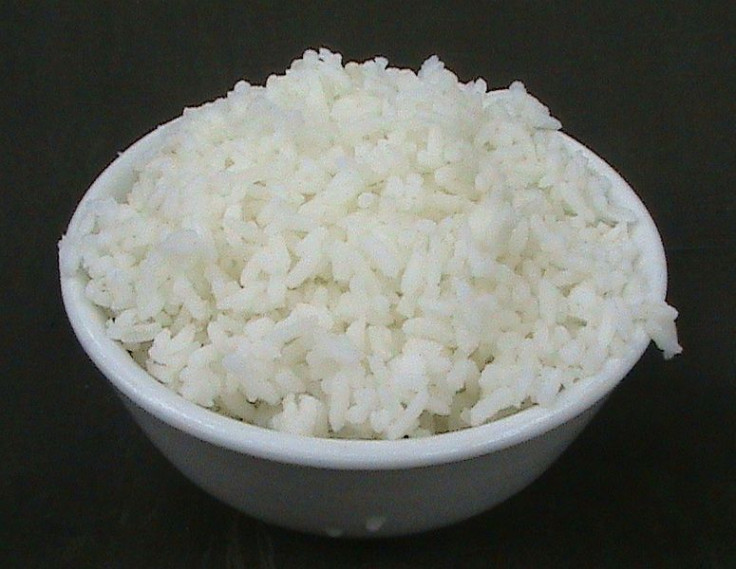Unsafe Lead Levels Found In Chinese Rice Imports

A group of researchers recently found that imported rice, which makes up nearly 7 percent of all rice consumed in the US, exceeded safety levels for lead, exceeding the "provisional total tolerable intake" (PTTI) set by the Food and Drug Administration (FDA) by 120 fold.
The findings were reported at the annual meeting of the American Chemical Society
Although samples were collected from rice imported from a wide range of countries in Asia, Europe, and South America, the highest levels of lead were seen in samples that had been imported from China and Taiwan. The study indicated that children could be exposed to 30-60 times the safe levels, while adults could be consuming 20-40 times the FDA set safe levels.
The researchers made the point that because Asian Americans consume a large percentage of rice in the country (far more than non-Asian Americans) they were at particular risk. Specifically, they mentioned that Asian American children given a rice-heavy diet could have exposure to lead that was up to 120 times higher than safety standards allow for.
"Such findings present a situation that is particularly worrisome given that infants and children are especially vulnerable to the effects of lead poisoning," said study lead Dr. Tsanangurayi Tongesayi, from Monmouth University in New Jersey.
Rice from Italy, India, Thailand, Bhutan, and the Czech Republic also contained levels higher than the PTTI, but not near the levels seen in rice from China and Taiwan. Results of sampling from Pakistan and Brazil have yet to be completed by the group.
Lead exposure can lead to neurological problems in adults in children, but children are particularly at risk because their brains are still developing. Federal regulators and consumer watchdog groups have spent significant effort in reducing lead levels in common household goods such as paint and children's toys, and ensuring that citizens are made aware of their exposure risk.
For example, there were recently a number of court cases brought against baby food companies accusing them of not warning customers that their products may contain high levels of lead.
The press release from the American Chemical Society can be found here.
Published by Medicaldaily.com



























